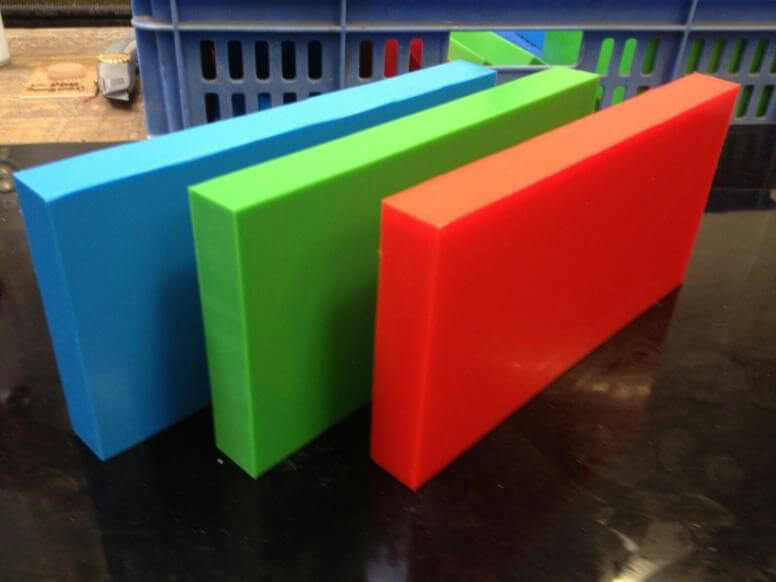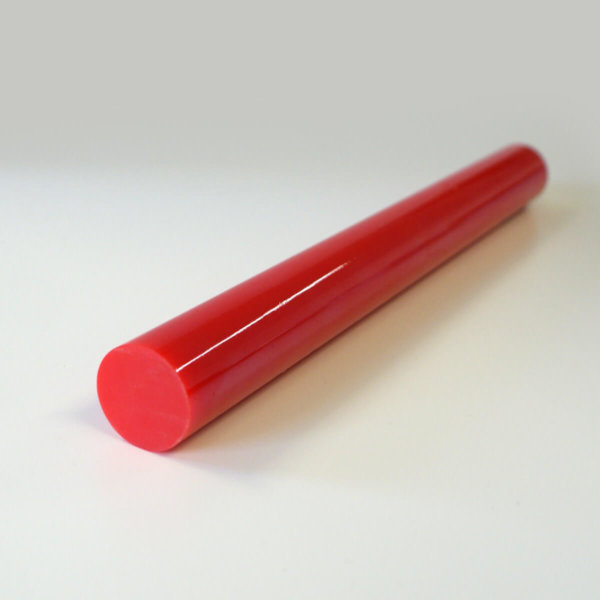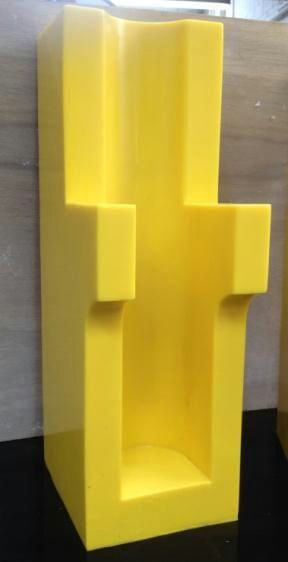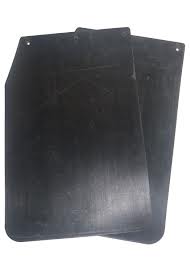There are many applications for polyurethane in products we use in our day-to-day lives. The vast majority of the world’s consumption of polyurethane comes in the form of foams, both flexible and rigid, for a diverse range of applications. It usually plays a role in the production of other materials, like upholstery fabrics, the construction of the interior walls of fridges, and thermal insulation in the building industry.
It is also becoming an increasingly-present material in clothing, and is often used in mouldings for things like door frames, window headers and columns.
In short, polyurethane is a versatile material, and you may be surprised to learn just how many of your everyday household items and machinery use it.
Its prevalence is down to the fact that it has a number of advantages over other synthetic materials. Its flexibility makes it ideal for products designed for your comfort, while its durability means it is equally applicable to things like tyres for heavy machines. It is also a relatively ‘green’ material, due to the fact that it can help reduce energy consumption due to its properties as an insulating material. With all that in mind, here are 8 polyurethane products you use regularly.
1. Thermal insulation
Rigid polyurethane with a low density has several uses, and one of the best is its potential for thermal insulation. The energy efficiency of a building can be greatly increased by insulating the walls with this polyurethane, helping to regulate temperatures and minimise the need for heating/cooling. Its lifespan is well over 5 decades, and it requires no maintenance, so it is a choice material for insulating new buildings.
Keep reading: Polyurethane in building and construction
2. Seating and bedding
Polyurethane can be moulded into a foam that is perfect for making us comfortable. It differs in terms of firmness, density and overall quality, with higher densities and qualities typically carrying a higher value. The comfort uses range from baby mattresses to luxurious bay-window cushions – standard car seat cushions tend to use polyurethane.
3. Footwear
The special properties of polyurethane are particularly useful for certain types of footwear, particularly running shoes. The material provides a supportive and comfortable base, as it can bend and stretch through the natural movements of the foot. It also stands the test of time, returning to its original shape even after rigorous daily use, and it doesn’t melt in the washing machine. It can even help resist foot odour.
4. Elastomers
Elastomers are found in many products, from paint rollers to gaskets to gel pads. They are defined by their elasticity and resilience – in gel pads, for example, the material easily contorts to accommodate the shape and weight of a body placed on it, without sacrificing anything in terms of composition. Once the load is lifted from it, the gel pad will return to its original shape, meaning it is flexible and able to withstand weight.
Related article: Quality polyurethane sheet – A complete buyer’s guide
5. Cleaning utensils
Polyurethane foam is the main material for a wide range of kitchen and bathroom sponges. It is tough and durable but highly flexible and absorbent. This makes it perfect for cleaning with water – it will absorb the soap and liquid to scrub whatever needs cleaning, moulding to whatever shape you need it to be then returning to its original shape when you’re finished.
Also read: Unusual Polyurethane Products
6. Straps
There are many uses for polyurethane straps. Given the material’s general elasticity and durability, it is an excellent material for watch straps, providing flexibility and comfort for the wearer. Bungee cords are the ultimate evidence of the potential strength of polyurethane – a very thin, long cord is capable of supporting very heavy loads.
7. Glue
Polyurethane can make an excellent adhesive, particularly for woodworking glue. Its water resistance is a particular advantage, and it is used to make very strong, multi-purpose adhesives that we all use regularly. It is also widely used in the bookbinding industry, because its lack of moisture is ideal for binding paper.
8. Coatings
Polyurethane coatings produce an ultra-thin, protective layer for a wide range of materials. The result is an increased lifespan and enhanced look. Polyurethane coatings on wooden flooring enable the wood to retain its look whilst protecting it against the elements. On cars, the coating provides a protective varnish that defends against dents, scratches and damage from the weather. A single polyurethane coating lasts an incredibly long time.
As you can see, there are a great many applications for polyurethane in products that we use every single day. It has a number of fantastic properties that are applicable to a wide range of uses, making it a versatile and incredibly useful material. The products outlined in this article are just a few of the many that use polyurethane – there are many more, and you’d really feel the difference without this wonderful plastic.
Want to find out how much it will cost to make your products?




